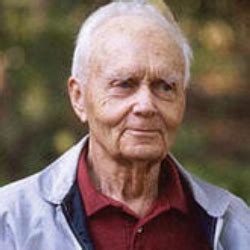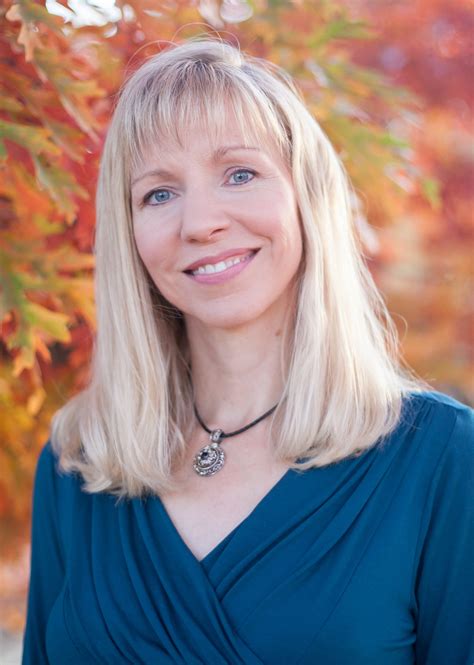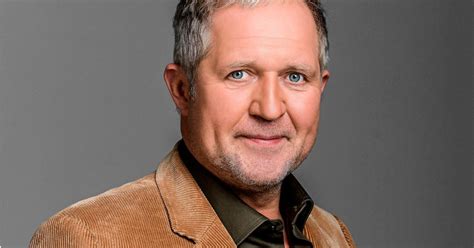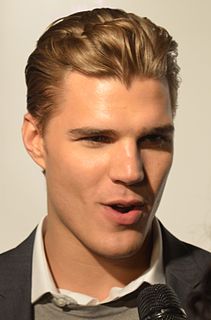A Quote by Leigh Bardugo
My stories usually begin with the characters and some elements of how power (personal, political, magical) functions in the world. The rest develops as I write, and research helps a great deal with that. If you're going to write about an agrarian economy, research agrarian economies. If your main character is starving, then you should know what it means for a malnourished body to break down.
Related Quotes
I don't know quite how a story develops in my head. It is a bit chaotic. If I am working on a series, one of the main characters at least is already in existence as well as some setting and minor characters. Finding the other main character can be a challenge. Sometimes this character already exists in a minor role in another book.
I like as much time as I can get and I'll do whatever I think is helpful to prepare for a role. Sometimes it's practical research, meaning if I had to write shorthand, I'd learn how to write shorthand. Or if I have to know how to dance a certain way, I would learn that. And then there's just research of talking to people similar to the characters I'm playing. And there's stuff that I just feel is inspiring, whether it be music or a painting or a photograph. I've used a lot of Nan Goldin's photos in the past to inspire me. I use certain paintings and pieces of music.
The first thing that happens is the cleansing of the former character. I don't think a lot of actors talk about it, but there is usually a process where you essentially purge yourself of the character played prior to the movie. Then you want to think about what the character represents, and you write down all of the elements about this character and then take the time to find some synchronicity and start breathing the character.
Writing is a weird thing because we can read, we know how to write a sentence. It's not like a trumpet where you have to get some skill before you can even produce a sound. It's misleading because it's hard to make stories. It seems like it should be easy to do but it's not. The more you write, the better you're going to get. Write and write and write. Try not to be hard on yourself.



































